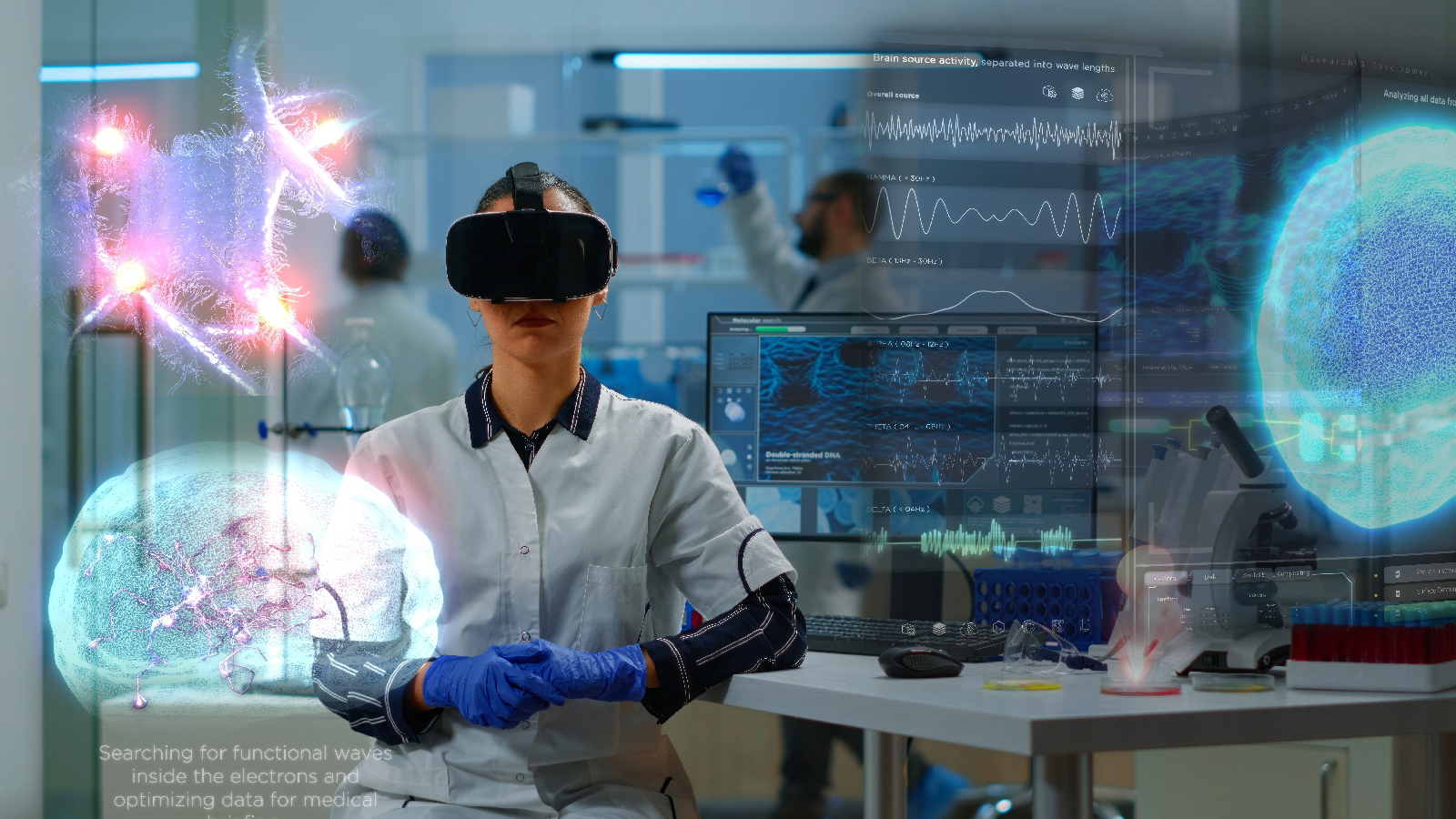Generative AI, the tech that creates new stuff, has incredible potential in healthcare. Imagine it: quicker diagnoses, personalized treatments, and groundbreaking drug developments. Sounds amazing, right? Well, here's the catch - when tech giants control these powerful systems, it raises some serious concerns.
Big Tech companies like Google, Microsoft, and Amazon are like the Avengers of the tech world - they've got the skills, the data, and the supercomputers to build mind-boggling AI for healthcare. But should they be the sole decision-makers in this field? That's where the worries start creeping in.
Privacy matters, especially when it comes to your health. These companies hold a treasure trove of our sensitive medical data. Now, how sure are we that they're handling it with utmost care? There's this constant fear of data leaks or misuse, and that's not something to brush off lightly.
What about transparency? Big Tech's AI operates like a locked box - no one really knows what's going on inside. In healthcare, where accuracy is critical, this secrecy raises red flags. After all, when your health is on the line, you'd want to know how decisions are being made, right?
Then there's the concern about profit over people. Will these companies prioritize making money over what's genuinely best for patients and doctors? It's a valid worry because sometimes the pursuit of profit might overshadow the need for accessible healthcare for everyone.
And let's not forget the little guys - smaller research teams, startups, and academic folks. Will they get a fair shot at contributing to healthcare AI, or will the big players hog the stage? Limiting the playing field might stifle creativity and diversity in AI solutions.
So, what's the solution? Researchers suggest a collaborative approach where everyone gets a say. We're talking about clear rules and guidelines from regulators, making sure these AI systems play by the ethical book. Open-source projects and sharing data could be the key to keeping everyone in the loop.
It's not just about rules, though. It's about a diverse playground where innovation can thrive. Encouraging healthy competition and letting the underdogs shine could bring out some remarkable solutions for various healthcare needs.
And most importantly, let's not forget the human touch. Doctors and tech whizzes should team up, ensuring that AI doesn't replace human expertise but enhances it. It's all about using these tools to boost what we already do well - providing top-notch healthcare.
In a nutshell, while AI can work wonders in healthcare, letting Big Tech hold all the cards raises some eyebrows. Finding a middle ground where innovation meets ethics means putting patients first. It's about making sure our medical data stays safe, that the AI is fair and transparent, and that everyone - big or small - gets a chance to make a difference.
So, here's to a future where technology and healthcare shake hands, working together for the betterment of us all.






0 Comments